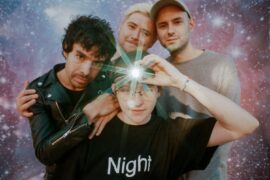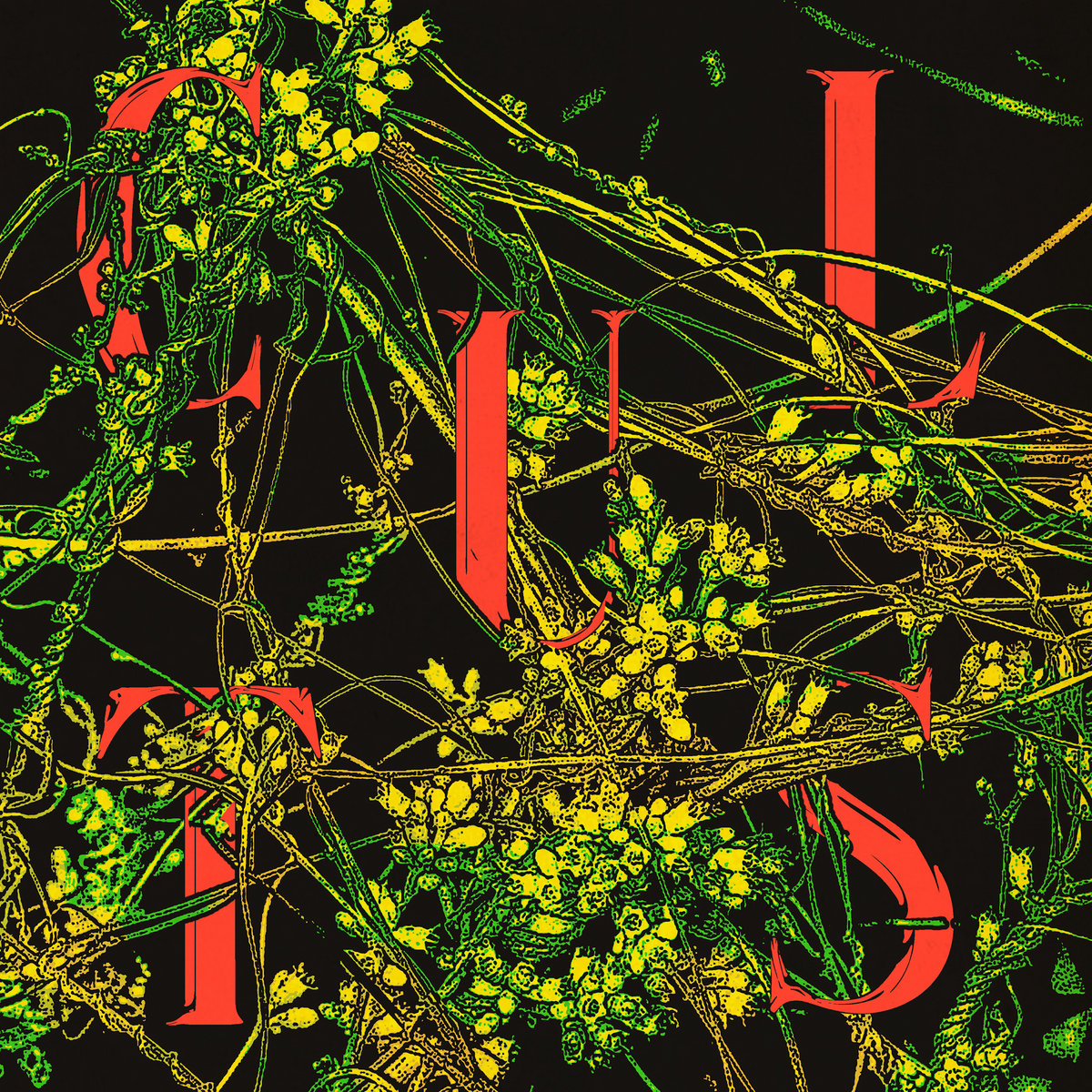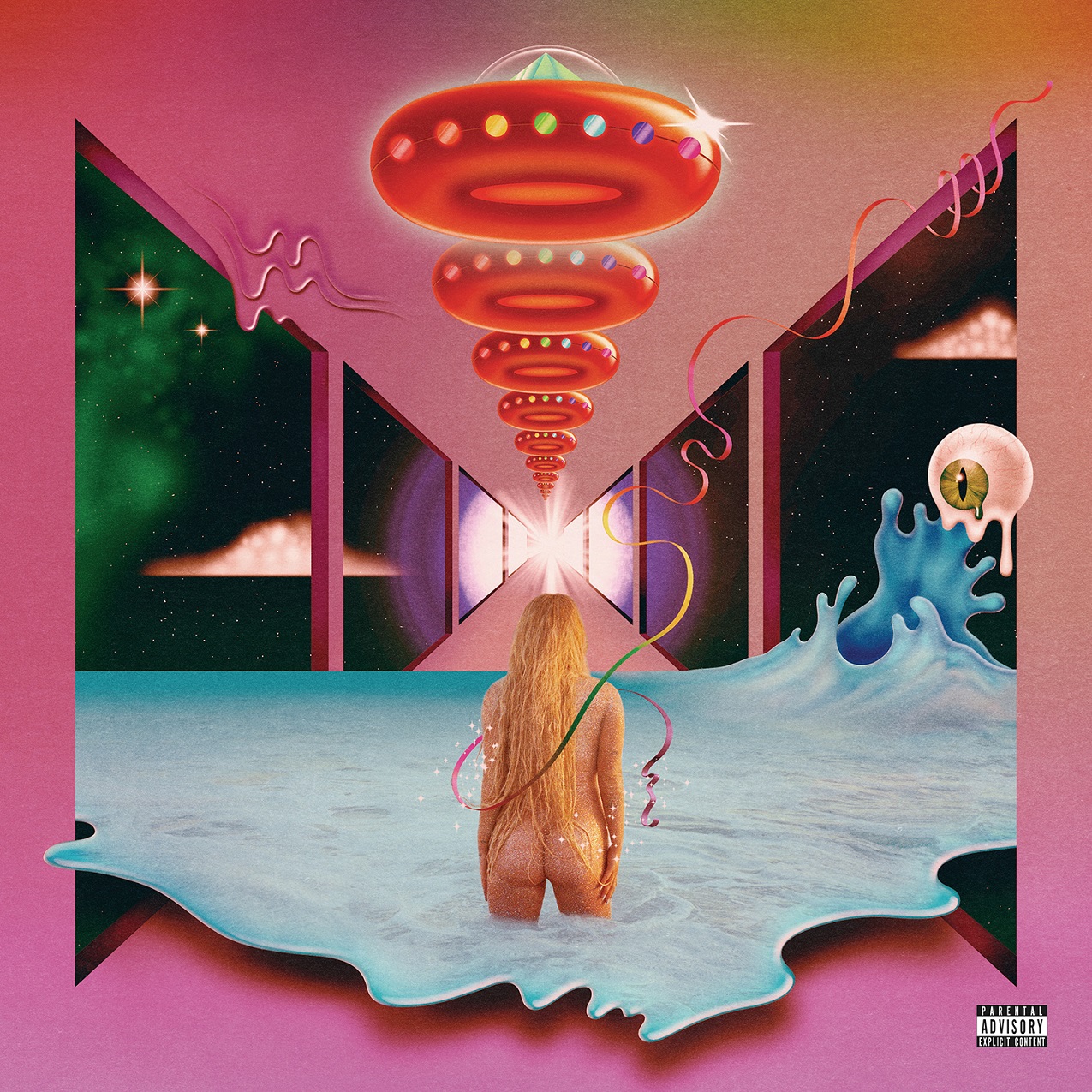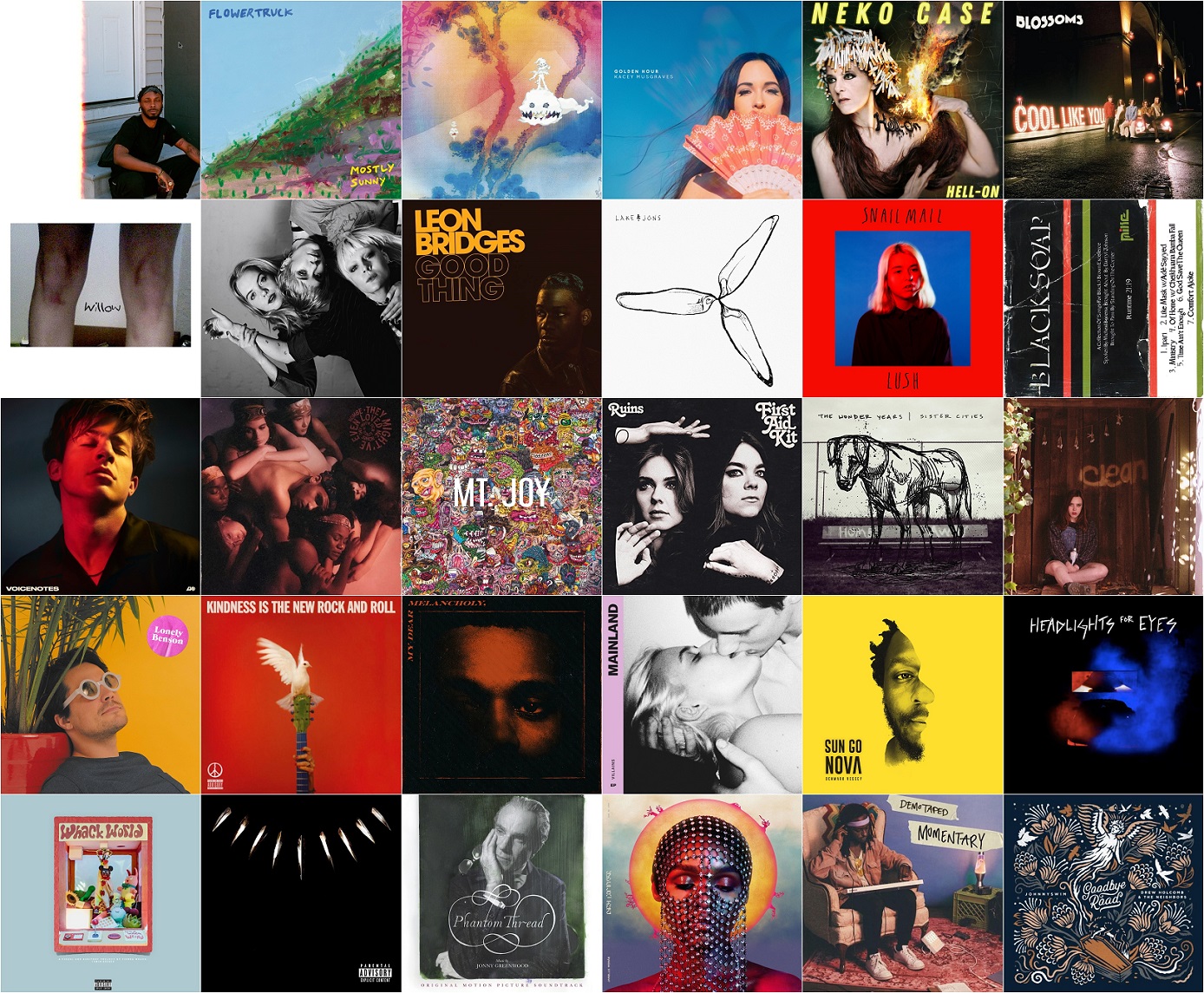Ahead of the heavily anticipated release of Lorde’s fourth studio album, Atwood Magazine revisits 2017’s ‘Melodrama’ in all its teenage glory.
Stream: ‘Melodrama’ – Lorde
Trends come in cycles.
Low rise jeans and sequins are just as popular now as they were in the 1990s and early 2000s. Pop artists, who often fall victim to fame’s fickleness and lose their star just as quickly as it rose, are recycled less frequently. If I were to open Twitter and see Charli XCX, Lorde, and Marina (formerly Marina and the Diamonds) saturating headlines, I’d assume I hit my head and woke up in 2015 (a calamity I’d welcome for a day or two). The dog days of the mid to late 2010s, particularly from 2014 to 2017, were the height of my adolescent angst. I spent many nights alone in my room, shuffling through playlists that were a little too Born To Die-era Lana Del Rey heavy. It’s strangely comforting to see the musicians that comprised the soundtrack of my identity crisis re-enter popular culture as I approach my late twenties. Lines from Charli XCX’s “The girl, so confusing version with Lorde” are ubiquitous just weeks after the track’s release. Lorde herself is slowly reentering the world of social media, prompting rumors that her fourth studio album will be released in the next year, well over half a decade since Melodrama changed the lives of teenagers and 20-somethings across the globe.
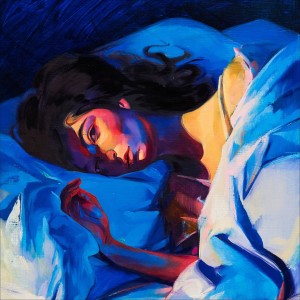
Melodrama, as Lorde, or Ella Yelich-O’Connor, will tell you herself, is not so much a breakup album as it is an album about being alone – “the good parts and the bad parts,” she tells The New York Times. It’s about being the last one at the party and dancing by yourself when you get home, or ordering different drinks at the same bars that you used to frequent with an ex. Because sobering breakups and tipsy nights out are equally defining elements of late adolescence and early adulthood. Every minute in a young adult mind feels more vital than the one before it – magnified by the relentless search for meaning and self that take place during those vulnerable years. Lorde captures this phenomenon on the album’s lead single and first track, “Green Light,” describing “brand new sounds” that pervade the singer’s mind. The opening lines boast a jarring rhyme sequence, mimicking the strangeness of everyday life after the breakup of a long-term relationship.
I do my makeup in somebody else’s car
We order different drinks at the same bars
I know about what you did and I wanna scream the truth
She thinks you love the beach, you’re such a damn liar
The singer’s fluctuations between wanting to wallow in heartbreak and craving release from it are fitting for the loss of a first love. “‘Cause honey I’ll come get my things, but I can’t let go,” she sings one moment, before veering off course to plead for peace, “I’m waiting for it, that green light, I want it.” Her lyrics point to the type of controlled chaos that has compelled certain critics to label Lorde as a “professional” teen. “It’s not enough to say Lorde is one in a generation,” journalist Stacey Anderson wrote in her review of Melodrama for Pitchfork, “Really, it’s amazing this is the first time she was a teenager for how good she was at it.”
If Melodrama is a glimpse into a house party, then its second song,“Sober,” is the epic ascent – the pregame that gets just rowdy enough, or the Uber to the party with a perfect aux cord situation. If the album is a montage of a relationship that has run its course, then its second track is filled with memories from the intoxicating early days of dating. “We’re king and queen of the weekend / Ain’t a pill that could touch our rush,” Lorde croons, as the background vocals continue, “But what will we do when we’re sober?” hitting on the all-too-familiar feeling of waiting for the other shoe to drop.
It’s hardly the album’s only track that fixates on the “rush at the beginning” of young love. “The Louvre” immortalizes obsession with anthemic melodies and devotional lyrics, so effortlessly bottling the grandiose experience of loving and being loved when you are young:
Blow all my friendships
To sit in hell with you
But we’re the greatest
They’ll hang us in the Louvre
Down the back, but who cares — still the Louvre
The possibility of Great Love persists in “Homemade Dynamite,” but this time, it’s not exactly one for the ages. “A couple rebel top gun pilots / Flying with nowhere to be” quickly turn into a couple playing the game of modern dating, “Seeing me rolling, showing someone else love / Dancing with our shoes off / Know I think you’re awesome, right?” Who hasn’t blown up a perfectly good friendship or situationship in the name of partying – or simply because they can – when their frontal lobe hasn’t developed yet?
Her “Perfect Places,” as the final song suggests, are sought after through dancing, drinking, and unnamed illicit substances. Excess is the name of the game, and Lorde and her hedonistic posse are its star players. In the track’s closing verse, she comes to the realization that the “Perfect Places” are not quite tangible:
All of the nights spent off our faces
Trying to find these perfect places
What the fuck are perfect places anyway?
Through “All the glamor and the trauma / And the f**in’ melodrama,” Lorde lives and dies for the weekend, the next party, and the next first kiss. “Sober II (Melodrama)” is a haunting comedown from this lifestyle – a snapshot of a party that should have ended hours ago. “We told you this was melodrama,” Lorde sings against her own distorted vocals whispering, “Oh, how fast the evening passes / Cleaning up the champagne glasses.”
When the party’s over, Lorde is, once again, alone. A rush at the beginning is usually followed by a monumental collapse. As she grapples with “Hard Feelings,” the artist observes, “When you’ve outgrown a lover / The whole world knows, but you.” In letting go of the endless summer afternoon of love, Lorde, being the professional teenager that she is, knows that physical and emotional hangovers are best spent wallowing in self-pity. At the age of 19, I found there was no song I’d rather sit with in my sadness than “Liability.” The juxtaposition of the track’s soft piano intro with Jack Antonoff’s signature synth-heavy touch is striking. Bold notes accompany bold feelings, as the artist laments being “a little too much for everyone”:
The truth is I am a toy that people enjoy
‘Til all of the tricks don’t work anymore
And then they are bored of me
Lorde’s sulking, however, is punctuated by moments of hope, and determination. While she may be too much for immature teenage boys, she’s more than enough for herself.
“She’s so hard to please, but she’s a forest fire,” she sings about herself, laying the foundation for a fiery ascent to stardom as the song closes with, “They’re gonna watch me disappear into the sun / You’re all gonna watch me disappear into the sun.” On the similarly introspective “Writer in the Dark,” she is liberated, realizing, “I love it here since I’ve stopped needing you.”
Although Lorde wrote Melodrama with an 18-year-old mind, it stands the test of time.
After listening to the record religiously over the past week while writing this article, I have found that I still relate to the album now just as much as I did when I was 19. “Supercut,” which on the surface plays as a post-breakup movie montage, can just as easily be viewed as the artist’s very own Goodbye To All That. “Because ours are the moments I play in the dark,” she sings, remembering a relationship or time in her life that felt brighter than the sun. “We were wild and fluorescent / Come home to my heart.” Hard or big feelings don’t magically disappear when we turn 21, 25, 30, or 70. Melodrama may be a coming of age album, but it resonates for a lifetime. Our perfect places may look different at 26 than they did at 19, but the search never stops. Lorde, wise beyond her years, understood that they are usually found within. “You’re not what you thought you were,” she realizes on the “Liability” reprise; you’re better. We’re all better with a little Melodrama.
— —
:: connect with Lorde here ::
Stream: “Supercut” – Lorde
— — — —

Connect to Lorde on
Facebook, Twitter, TikTok, Instagram
Discover new music on Atwood Magazine
© courtesy of the artist
Melodrama
an album by Lorde

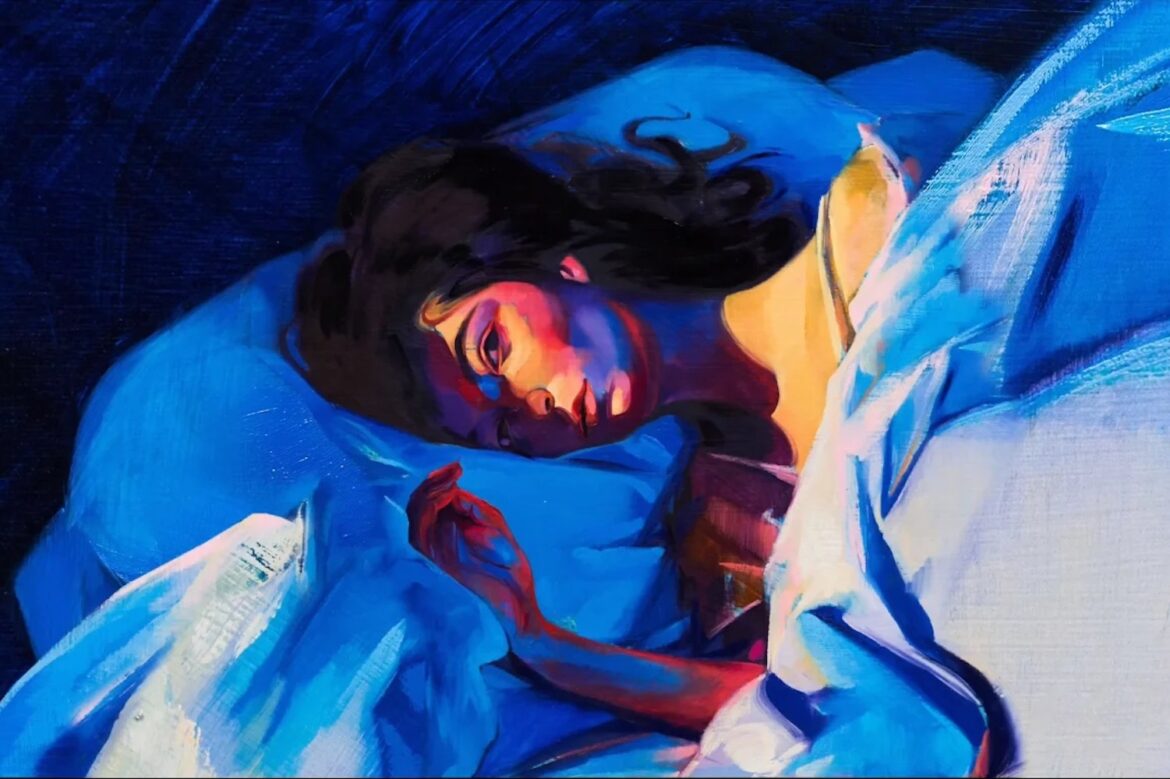
 © courtesy of the artist
© courtesy of the artist
